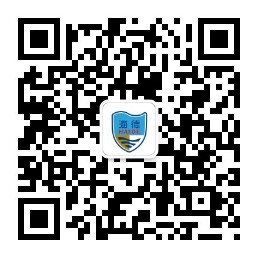营养学 I, II
发布者:赵伟翔
发布时间:2025-03-28
浏览次数:61
营养学 I, II(96课时/6学分)
Nutrition I, II (96 hours/6 credits)
课程描述:
营养学 I课程主要介绍了食品和营养方面的基本知识。学生将学习膳食指南和健康饮食;营养素参考值;食物成分,包括六类营养素和食物的非营养成分;主要营养素的主要作用和功能以及这些营养素在人体中的代谢;五大类食物的营养特点;功能性食物;能量平衡的概念;营养素计算;食物的能量密度;评估饮食质量以及饮食对营养状况和健康的影响。同时,学生将学习营养学研究的原则以及如何将营养学研究转化为营养素建议及饮食指南,如何撰写报告,评估和整合科学文献的相关内容以在营养学的背景下进行交流。
营养学 II课程主要介绍营养、饮食、生活方式和健康之间的联系。主要内容包括人在不同生命阶段的营养需求、以及食物过敏和不耐受情况下的营养需求。本课程的重点是营养、生活方式和慢性病的相互联系,如饮食与肥胖、心血管疾病、糖尿病、癌症和骨质疏松症之间的联系。营养不良、体重不足、世界饥饿和全球环境之间的联系也会进行讨论和学习。学生会学习不同的营养评估方法,如饮食收集方法及其优缺点,从而能够批判性的研究指定的慢性病与饮食之间的关系并撰写科学报告,并为人群提供相关的营养建议。
Nutrition I course provides an overview of fundamental knowledge in food and nutrition. Students will learn about dietary guidelines and healthy eating; nutrient reference values; food composition including the six classes of nutrients and non-nutrient components of food; the major roles and functions of the principal nutrients and the metabolism of these nutrients in the human body; nutritional characteristics of the Five Food Groups; functional foods; concepts of energy balance; nutrient calculations; energy density of foods; assessment of diet quality and the impact of diet on nutritional status and health. At the same time, students will learn the principles of nutrition research and how to translate nutrition research into nutrient recommendations and dietary guidelines, how to write reports, evaluate and integrate relevant elements of the scientific literature for communication in the context of nutrition.
Nutrition II course focuses on the relationship between nutrition, diet, lifestyle and health. Key topics include the nutritional needs of people at different life stages, as well as in the case of food allergies and intolerances. The course focuses on the relationship between nutrition, lifestyle and chronic diseases, such as the association between diet and obesity, cardiovascular disease, diabetes, cancer and osteoporosis. The associations between malnutrition, underweight, world hunger and the global environment will also be discussed and studied. Students will learn about different nutritional assessment methods such as diet collection methods and their advantages and disadvantages, so that they can critically examine the relationship between specified chronic diseases and diet and write scientific reports and provide relevant nutritional advice to populations.



